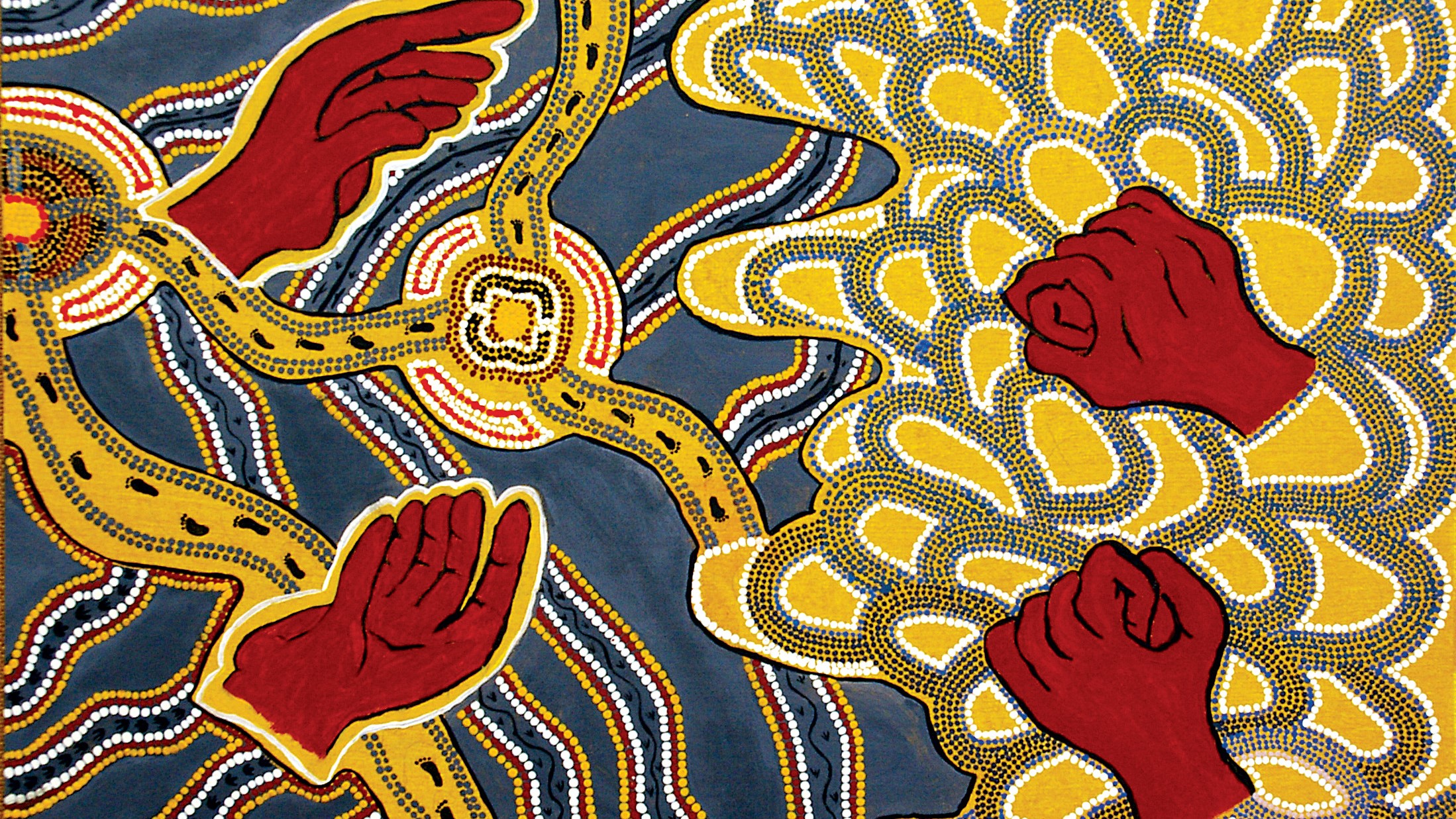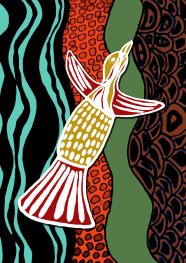
2014 Seminars
Presentation Type
Presentation
Location
The University of Notre Dame Australia, Broome Campus
Start Date
30-9-2014 12:30 PM
Description
In this paper, I examine Indigenous cultural festivals as creative commitments to the ontological primacy of land and non-western sociality, which emerges in a deeply intercultural world dominated by settler liberalism. Like many Indigenous festivals, those I am examining - Garma (NT), Laura Aboriginal Dance (FNQ), KALACC festivals (WA) and Milpirri (NT). - have a similar purpose: to maintain and strengthen culture. Yet it is Indigenous culture that worries so many people in the mainstream. A hope and aim of these events, I argue, is to compose anti-colonial relations, arguably whereby ‘culture’ is not a commodity to be scrutinized and judged but recognised as emanating from complex life worlds. I set out to understand whether and how Indigenous cultural festivals are public spaces where Indigenous people model a repertoire of possibilities of how to live (well) in the liberal settler state.
Recommended Citation
Slater, Lisa, "Why does that old man dance? : Indigenous Cultural Festivals and the Possibilities for Life" (2014). Talking Heads Seminar Series. 6.
https://researchonline.nd.edu.au/nulungu_talkingheads/2014/schedule/6
Why does that old man dance? : Indigenous Cultural Festivals and the Possibilities for Life
The University of Notre Dame Australia, Broome Campus
In this paper, I examine Indigenous cultural festivals as creative commitments to the ontological primacy of land and non-western sociality, which emerges in a deeply intercultural world dominated by settler liberalism. Like many Indigenous festivals, those I am examining - Garma (NT), Laura Aboriginal Dance (FNQ), KALACC festivals (WA) and Milpirri (NT). - have a similar purpose: to maintain and strengthen culture. Yet it is Indigenous culture that worries so many people in the mainstream. A hope and aim of these events, I argue, is to compose anti-colonial relations, arguably whereby ‘culture’ is not a commodity to be scrutinized and judged but recognised as emanating from complex life worlds. I set out to understand whether and how Indigenous cultural festivals are public spaces where Indigenous people model a repertoire of possibilities of how to live (well) in the liberal settler state.




